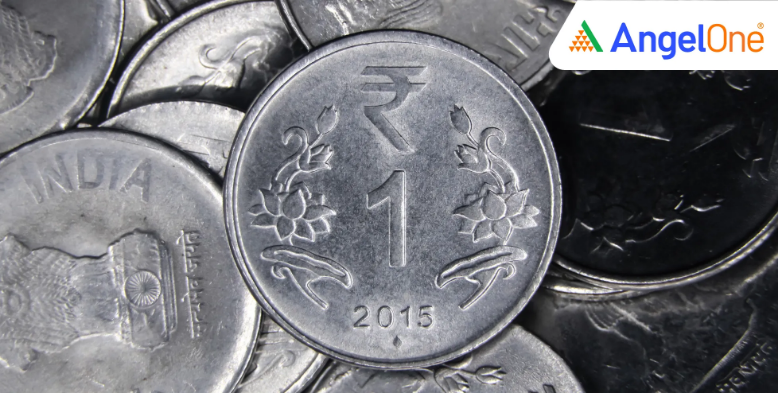
In a time where digital payments dominate and even small change often gets rounded off, the one-rupee coin might seem like a relic of the past.
Yet, for many Indians, it remains a symbol of value, nostalgia, and accessibility. But have you ever wondered how much it actually costs the government to produce that tiny, familiar coin?
Surprisingly, minting a one-rupee coin costs more than its actual value. As per a Right to Information (RTI) query filed in 2018, it takes ₹1.11 to mint a single ₹1 coin, more than its face value. This raises interesting questions about the economics of coin production, especially for lower denominations.
The ₹1 coin, made of stainless steel, weighs 3.76 grams, has a diameter of 21.93 mm, and is 1.45 mm thick. It’s been in circulation since 1992 and continues to be widely used despite the increasing adoption of digital payments.
Minting costs vary depending on the denomination. According to the same RTI:
These coins are manufactured at Indian Government Mints located in Mumbai and Hyderabad. With metal prices and production expenses rising over time, the actual costs in 2024–25 are likely to be even higher than the figures from 2018.
As per the report, the number of coins being minted each year has also declined. In 2017, about 903 million one-rupee coins were produced, while in 2018, that number dropped to 630 million.
Though newer figures aren't available publicly, the trend suggests reduced minting volumes, possibly due to cost pressures and changing currency usage patterns.
While coins are minted by the government, the Reserve Bank of India (RBI) handles the printing of currency notes ranging from ₹2 to ₹2000. The RBI does this through its fully owned subsidiary, Bharatiya Reserve Bank Note Mudran Pvt. Ltd., which operates 2 currency presses in the country.
Read More: RBI Reveals Hidden Gold Reserves in New Documentary Series.
The ₹1 coin may be small, but its production highlights the complex economics behind currency management. With minting costs exceeding face value and demand patterns shifting, the humble one-rupee coin remains both a practical and symbolic part of India’s monetary landscape.
Disclaimer: This blog has been written exclusively for educational purposes. The securities mentioned are only examples and not recommendations. This does not constitute a personal recommendation/investment advice. It does not aim to influence any individual or entity to make investment decisions. Recipients should conduct their own research and assessments to form an independent opinion about investment decisions.
Published on: Jul 31, 2025, 4:37 PM IST

Neha Dubey
Neha Dubey is a Content Analyst with 3 years of experience in financial journalism, having written for a leading newswire agency and multiple newspapers. At Angel One, she creates daily content on finance and the economy. Neha holds a degree in Economics and a Master’s in Journalism.
Know MoreWe're Live on WhatsApp! Join our channel for market insights & updates
